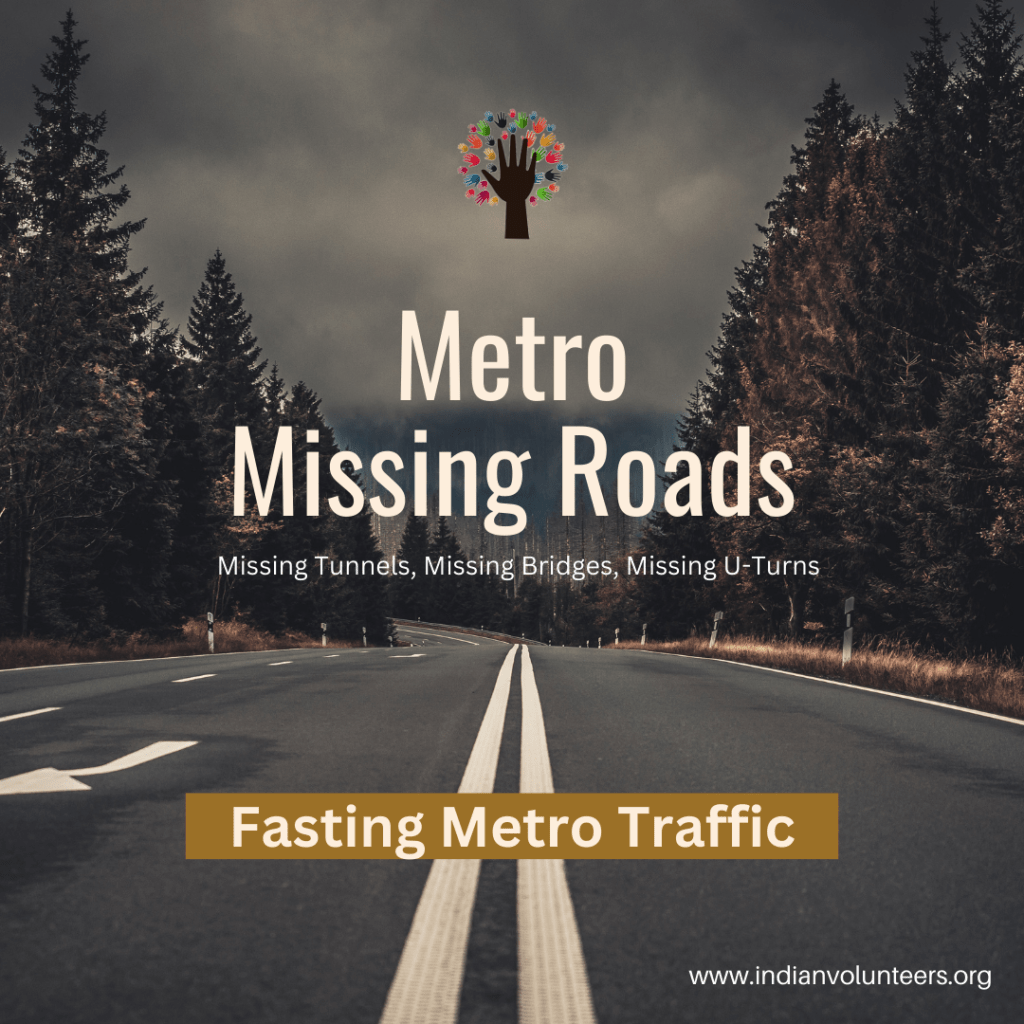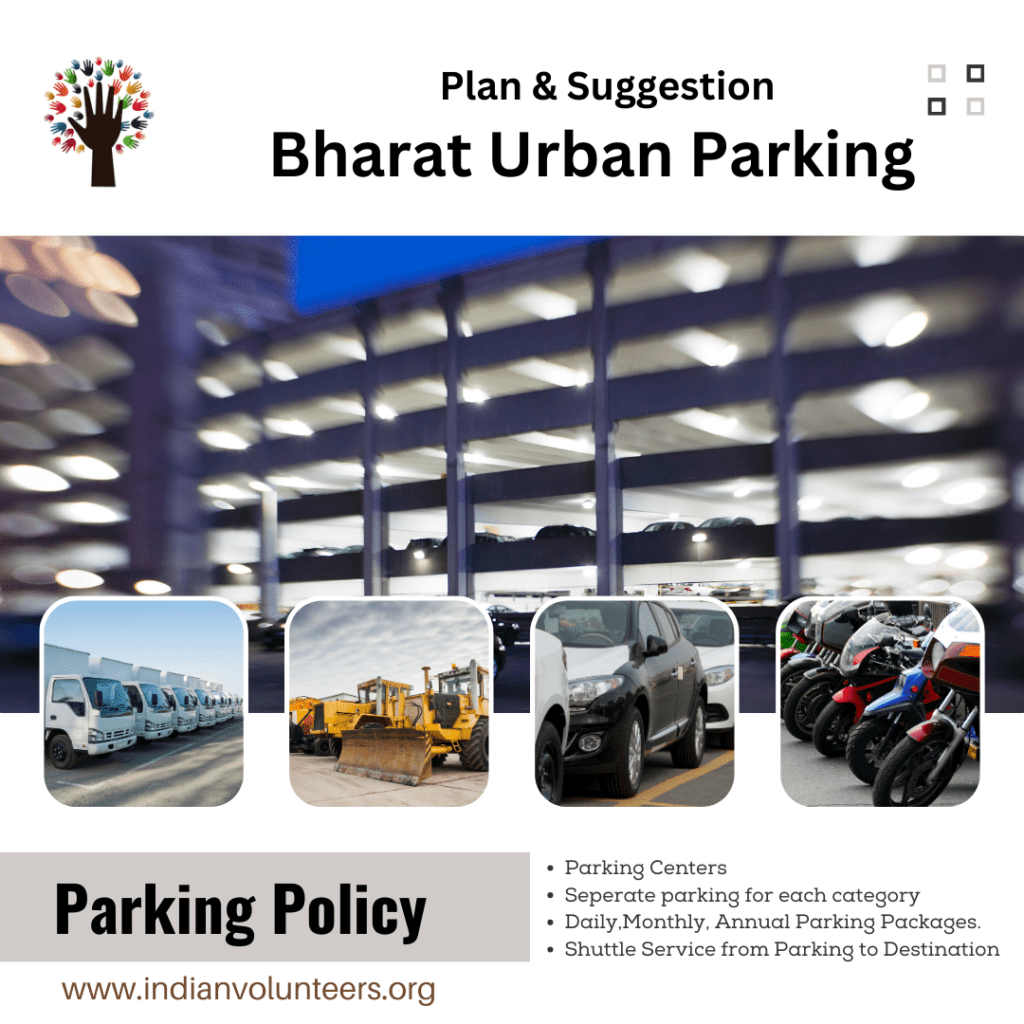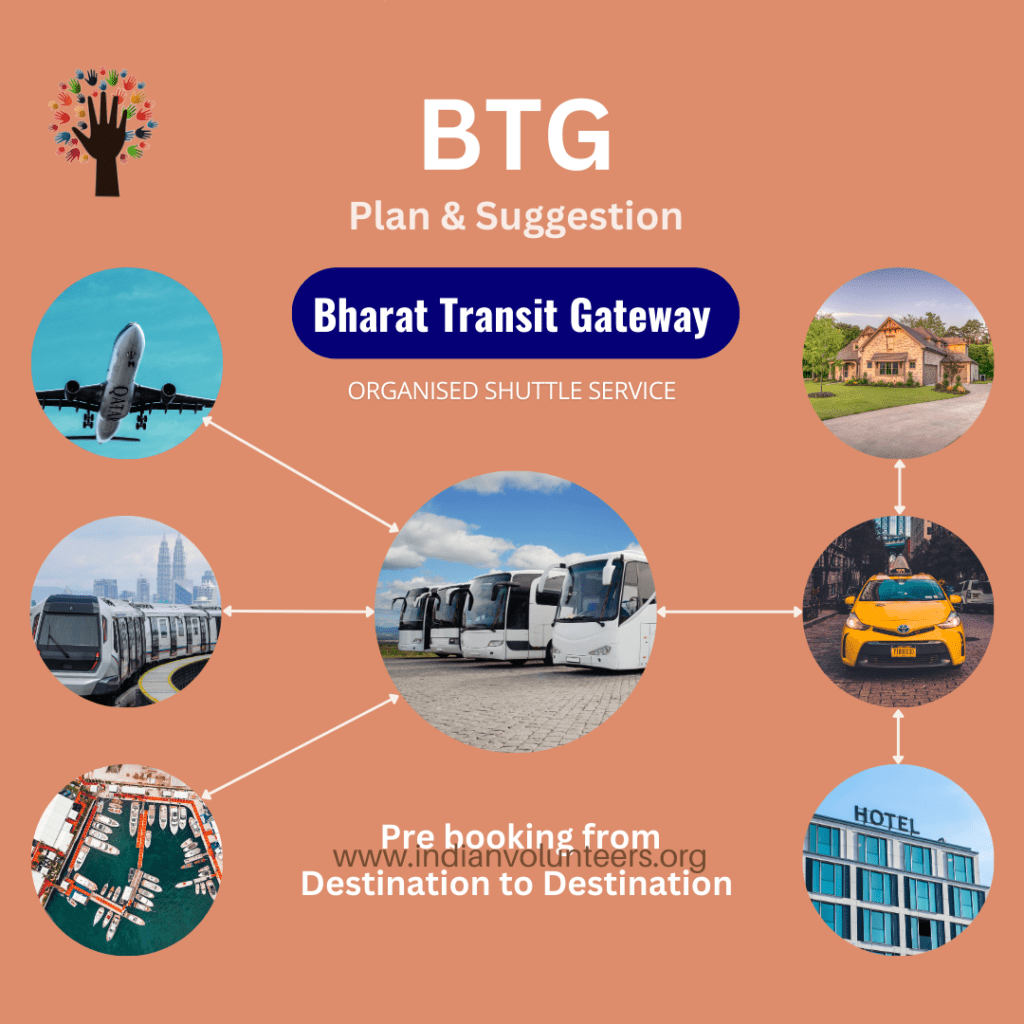FAQ on Antim Seva Yojana
1. What is Antim Seva Yojana?
Antim Seva Yojana is a compassionate initiative designed to provide financial support and essential services for the dignified cremation or burial of individuals. The program ensures that all necessary funeral arrangements, including transportation, materials, and religious needs, are covered, easing the burden on grieving families.
2. Who is eligible to benefit from Antim Seva Yojana?
The Yojana is available to all families in need, particularly those who are financially disadvantaged or unable to afford funeral expenses. Eligibility may vary depending on the specific criteria set by the administering organization or government.
3. How does the Yojana support organ donation?
Antim Seva Yojana incentivizes organ donation by offering a financial benefit of Rs 200,000 to the families of those who donate their organs. This is in addition to ensuring that all legal processes related to the donation are handled smoothly and efficiently.
4. What services are provided under the Basic Plan?
The Basic Plan, which costs Rs 10,000, includes essential funeral services such as ambulance transportation, basic cremation or burial materials, and assistance with religious rites. It ensures a respectful and dignified farewell.
5. What additional services are included in the Standard and Premium Plans?
The Standard Plan (Rs 51,000) and Premium Plan (Rs 151,000) offer more comprehensive services, including upgraded transportation, additional religious materials, personalized assistance, and faster settlement of legal matters such as wills and insurance.
6. How is the financial benefit for organ donation distributed to the family?
The financial benefit of Rs 200,000 is directly transferred to the family’s bank account within a specified period after the organ donation is confirmed. This ensures timely support during a difficult time.
7. Can families choose specific funeral arrangements under the Yojana?
Yes, families have the flexibility to choose specific arrangements that align with their cultural and religious practices, especially under the Standard and Premium Plans, which offer more personalized services.
8. What happens if a family cannot afford even the Basic Plan?
For families who cannot afford the Basic Plan, the Yojana may offer additional financial assistance or a waiver, depending on their financial situation and the policies of the administering body.
9. Are there any geographical restrictions on where the Yojana is available?
Antim Seva Yojana is intended to be available nationwide, but availability may vary based on regional implementation. Families should check with local authorities or the administering organization for specific coverage details.
10. How quickly are the services provided after a death occurs?
Services under Antim Seva Yojana are typically arranged as quickly as possible, often within a few hours of notification, to ensure timely support for the family.
11. Can the Yojana be used for both cremation and burial?
Yes, Antim Seva Yojana covers both cremation and burial services, depending on the religious and cultural preferences of the deceased and their family.
12. What legal support is provided under the Yojana?
The Yojana includes support for settling wills, insurance claims, provident funds, and other legal matters, ensuring that these processes are completed within a month without requiring extensive document verification.
13. Can the benefits of the Yojana be transferred to other family members?
The services provided under Antim Seva Yojana are non-transferable and are specifically designed to support the deceased's immediate family.
14. What documentation is required to access the services of the Yojana?
Minimal documentation is required, usually including proof of death, identification of the deceased, and proof of family relationship. The Yojana is designed to simplify the process and reduce the burden on grieving families.
15. Is there any interest charged on the loans provided for funeral expenses?
No, the Yojana does not charge any interest on the loans provided for funeral expenses. The amount is non-transferable, non-withdrawable, and can only be used for essential funeral services.
16. How does the Yojana ensure transparency and prevent misuse of funds?
Strict guidelines and monitoring systems are in place to ensure that the funds are used solely for their intended purpose. Regular audits and direct payments to service providers help maintain transparency.
17. What if a family needs additional services not covered by the Yojana?
If a family requires services beyond what is covered in their chosen plan, they can opt for additional services at their own expense. The Yojana provides a basic framework, but families have the option to customize as needed.
18. How does the Yojana handle cultural and religious diversity?
The Yojana is designed to respect and accommodate all cultural and religious practices, offering flexibility in the selection of services to meet the specific needs of different communities.
19. Can the Yojana be used for repatriation of remains from abroad?
Repatriation of remains from abroad may be covered under the Premium Plan, depending on specific terms and conditions. Families should consult with the Yojana administrators for detailed information.
20. How can families apply for the Antim Seva Yojana?
Families can apply for the Yojana through the official website, local offices, or participating hospitals and service providers. The application process is straightforward and designed to provide immediate assistance.
These FAQs provide a comprehensive understanding of the Antim Seva Yojana, helping families navigate the program and access the necessary support during challenging times.





